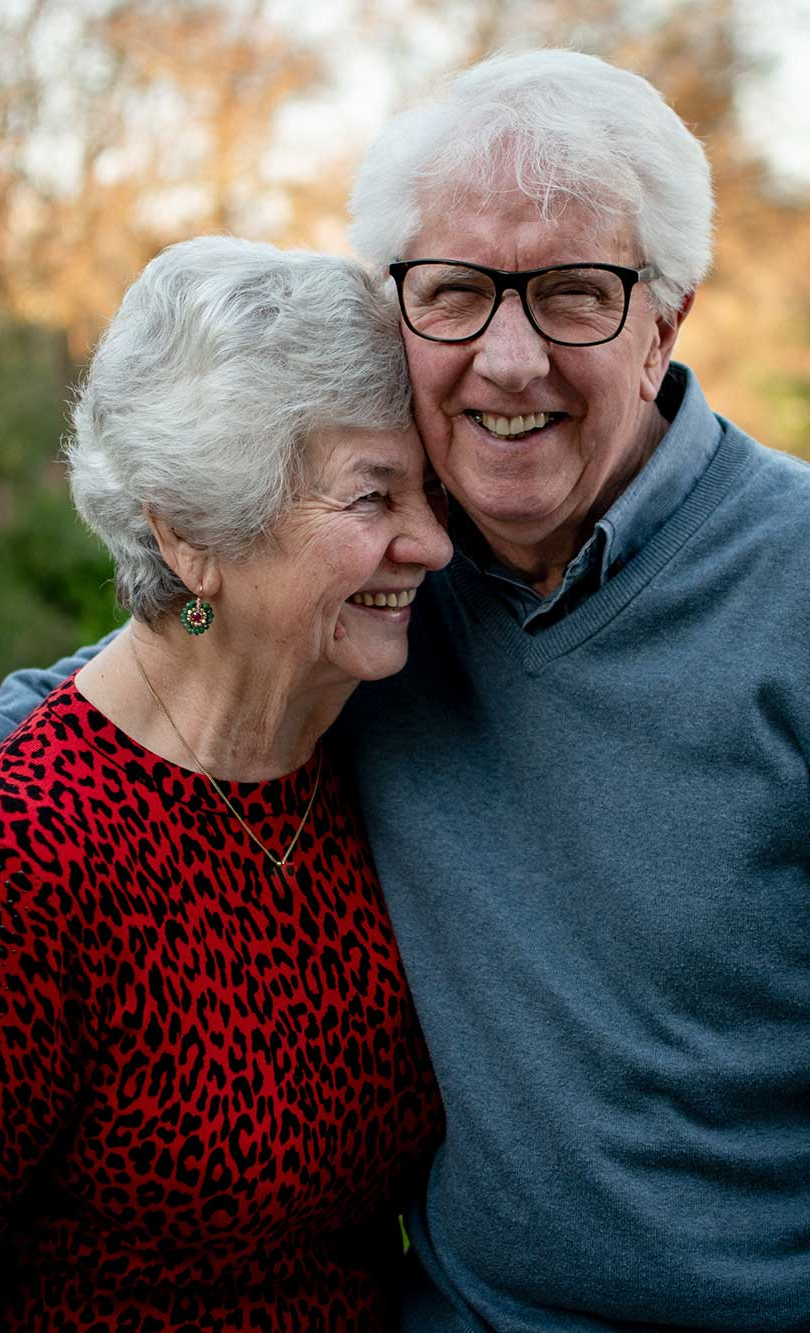Reverse Mortgages In Palmdale
What is a Reverse Mortgage?
If you’re 62 years old or older, you can potentially qualify for a Reverse Mortgage to borrow money against the equity you’ve built in your existing home. Rather than applying for a typical purchase loan or fixed-rate mortgages — which require you to make loan payments — reverse mortgages don’t need any payments to be made by the homeowner. Instead, the new reverse mortgage loan balance becomes payable when the homeowner moves away from home permanently, sells the house, or passes away.
Considering a reverse mortgage for your retirement years? Let us help you through the process to secure the best possible loan for your financial needs.

Frequently Asked Questions About Reverse Mortgages
Selling Home VS. Reverse Mortgage
With any major life decision, there are pros and cons to take into consideration before proceeding one way or another. When it comes to deciding between selling your home or taking out a reverse mortgage, here are the pros and cons you need to factor into your decision:
When do I have to pay back a reverse mortgage loan?
You will be responsible for paying back a reverse mortgage loan when you sell your home, move away from the home permanently, or pass away. You will accrue interest on the loan for however long the mortgage is in place, so it’s essential to keep that in mind when factoring in costs at the end of the loan.
How to qualify for a Reverse Mortgage in Palmdale?
Most homeowners will need to have a solid foundation for reverse mortgage approval. This includes having a sound credit score, income statements (proof of income from investments or other sources if retired), DTI, and other financial documentation. We can help navigate you through the qualification process and answer your questions along the way. Reach out today for help!
How old do you have to be to qualify for a Reverse Mortgage?
Reverse Mortgages require you to be 62 years of age or older to apply and qualify. Plus, you must be the primary occupant of the home and live there as your primary residence.
How much money do you get from a reverse mortgage?
Because reverse mortgages are based on the amount of equity you have in your home, the amount you can borrow from a lender will vary. With that said, most lenders won’t permit you to receive more than 80% of your home’s equity (after an appraisal). Want to find out how much you can borrow with a reverse mortgage?
Call us today to speak with a mortgage broker in Los Angeles County to see what you qualify for.
What are the 3 types of reverse mortgages?
The three types of reverse mortgage loans are:
- Single-purpose reverse mortgages — the least expensive and least common form of reverse mortgages. These types of reverse mortgages are offered by state, local, and nonprofit agencies.
- Federally-insured reverse mortgages — backed by the FHA
- Proprietary reverse mortgages — these types of mortgages are used by those who have homes with values over the maximum appraisal value allowed by the Department of Housing and Urban Development (HUD).

